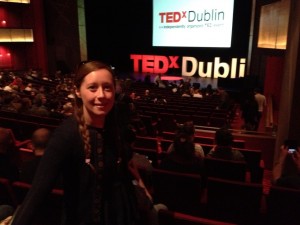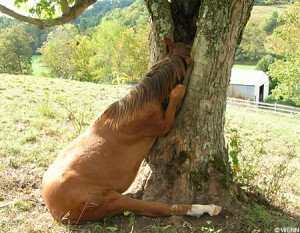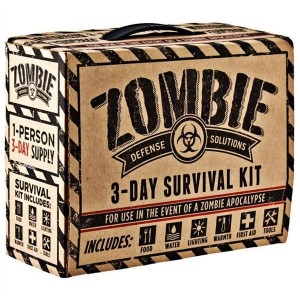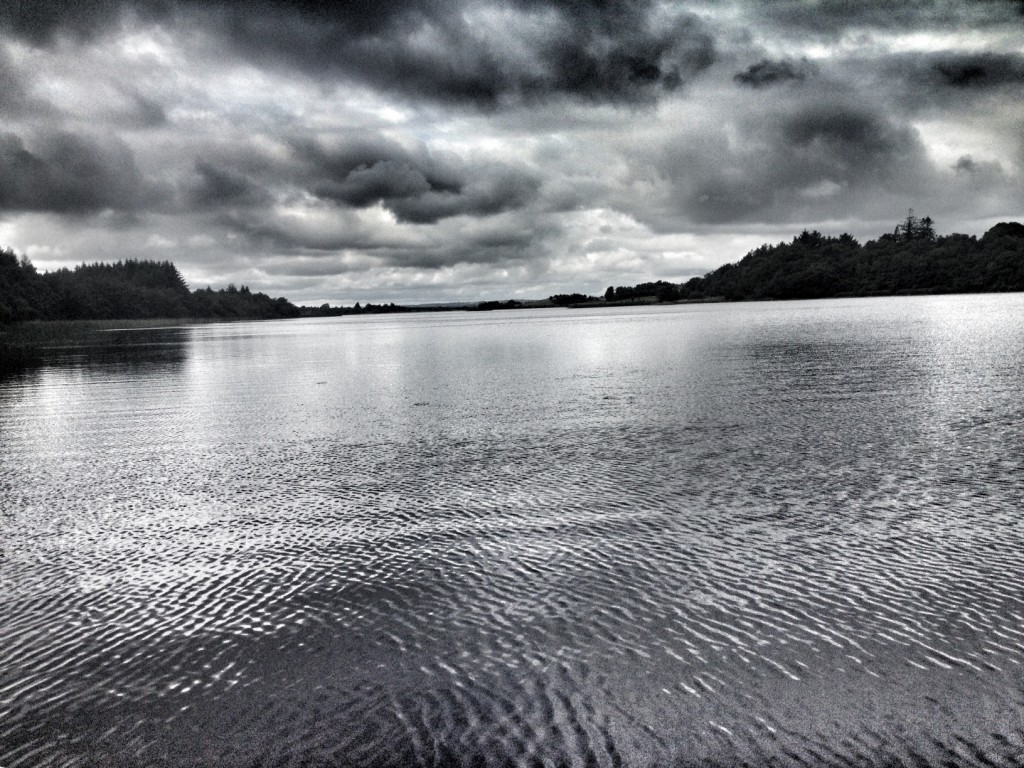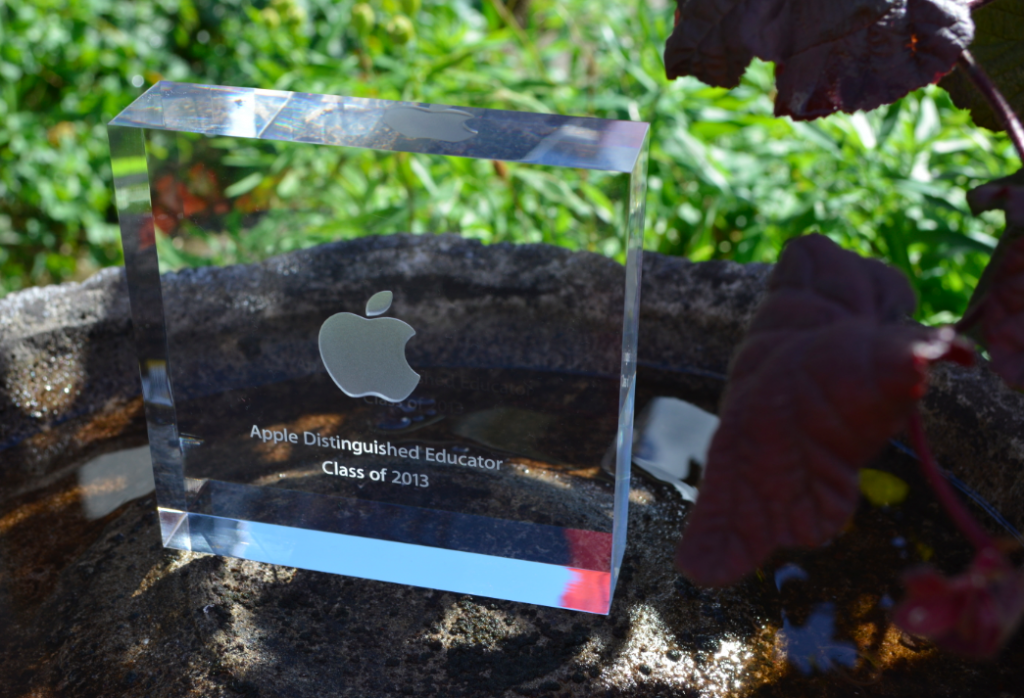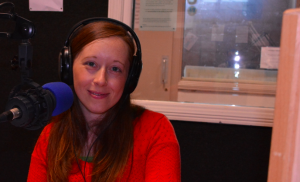I love Ted.
I love Ted so much I’ve taken to watching Ted whilst cooking dinner, sitting on trains and even whilst lying in bed.
Not this Ted:
This Ted:
Every year Leaving Cert students can write a speech for the creative writing element of their exam. The composing element of paper 1 is worth 25% of their final English grade so getting to grips with what constitutes a good speech is vitally important.
As I sat in the Bord Gais Theatre yesterday, blown away by the inspiring people and ideas who flooded the stage over the course of over 5 hours, I couldn’t help but feel that this was exactly how my students should be spending their Saturday. Luckily for them, the talks from TedX Dublin will be up online in a few weeks and in the meantime they can select from hundreds of thousands of talks on Ted.com. Yes, I know, I know! This may be hopelessly wishful thinking on my part. I’ve seen their eyes glaze over when I start expounding, for the hundreth time, on the wonders of Ted…
I’m also pretty certain there isn’t a single person on the planet who has ever written a mind-blowingly inspiring Ted talk in an hour and twenty minutes, which is the amount of time our students have to write their four to five page speech under exam conditions. But students and teachers can only work with the hand they’re dealt, so leaving exam conditions and timings aside for a moment, here’s what struck me yesterday about the essence of delivering a really engaging, inspiring talk.
1. Great talks are – at least occasionally – funny! Fiona Newell provoked a gale of laughter as she introduced the ugliest creature on the planet, the blobfish:
And stand-up comedian extraordinaire Robin Ince had some choice words for us on the Piglet Squid!
Many of the talks dealt with serious topics, but the speakers were all aware of the need to connect with the audience and recognised that shared laughter is truly the best way to achieve this connection. Kevin Thornton was particularly funny describing an early morning walk picking wild garlic which somehow became a naked photographic self portrait on a fallen tree trunk interrupted by voices in the distance which, as they moved closer, turned out to be his girlfriend’s parents! Eek! Yet rather than judge him for being a complete and utter eejit, we warmed to him, rooted for him, felt more inclined to listen to his message. Why? Because when a speaker is self-depreciating, is willing to laugh at themselves despite all of their achievements, we, the audience, respond.
2. Great talks provide you with visuals! Cathal Garvey’s home made centrifuge attached to a domestic electric drill made us all believe that biotech is truly possible outside of the lab. Dave Smith’s 5 storey robot lodged so powerfully in our imaginations that when the audience wrote a collaborative story with Sean Love from Fighting Words later in the day, this very same 5 foot robot became the central character. The video footage of Lisa Dominican with her daughter brought tears to my eyes, the bond between them made visible once Lisa found a way to help her daughter communicate despite her autism. As a student in an exam scenario you can’t show these visuals on a big screen so you need to turn the visuals into words, as I have just done. No visuals = boredom for the audience, or at the very least a blank imagination which will quickly wander off on a tangent – I need to pee! I like her dress! I wonder who the next speaker is…
3. Beginning, middle and end: Each of the speakers had a clear structure for their talk. All had a thesis, a central idea woven throughout, whether it was Easkey Britton’s faith that surfing can break down social, cultural and gender barriers; or Fergus McAuliffe’s hilarious defence of communicating complex science using the language of storytelling; or Constantin Gurdgiev’s slightly scary vision of the future of human capital; or Niamh O’Mahony’s passionate belief in the power of technology to improve our health.
Each talk (1) offered us a clear and engaging outline of the topic (2) identified the challenges presented and (3) offered some solutions, some clear vision of a future different to the now and some questions that need further exploration. Many had a call to action – now that you’re heard me speak, this is what you need to do next…
4. Write what you know: Each of the speakers had vast experience and expertise to share. This is one of the greatest (and most unfair) challenges our students face. The exam demands that they must talk with authority on a topic they may not know very much about. The advice “fake it til you make it” springs to mind, but it does still profoundly depress me how dependent your final grade in Leaving Cert English is on whether or not the essay titles suit you or not on the day. Then again, I’ve always said (tongue in cheek of course) that the ability to bullshit, confidently and convincingly, is an essential skill if you want to be good at English. Under exam conditions if you can rely on a vivid imagination to help you invent specific examples and believable statistics then you’ll be grand!
5. Concrete and personal examples: all of the speakers drew on a variety of sources to back up the points they made. Including quotes from their heroes; alluding to great writers like Darwin and Roddy Doyle and Dave Eggers; offering personal anecdotes; and throwing in statistics and charts for good measure, they convinced us because the points they made were grounded in concrete examples.
6. Novelty: One thing I’ve never consciously considered before when speaking in public is the value of novelty. When Shane O’Mara took to the stage with his zombie slides, carrying the joke to its logical conclusion and beyond, the audience were entranced. He was just so damn funny, so immeasurably silly and yet so thoroughly engaging, in his presence you could not help but find the structure of the human brain utterly fascinating. Linking complex brain disorders to a zombie-like state was a stroke (sorry!) of genius. I was just sad his talk ended – I wanted to know more about these freakish psychological conditions which so closely resemble the behaviour of zombies.
So what’s my take away from the day???
I love Ted.
I love Ted so much I’ve taken to watching Ted whilst cooking dinner, sitting on trains and even whilst lying in bed.
Maybe you should too.


